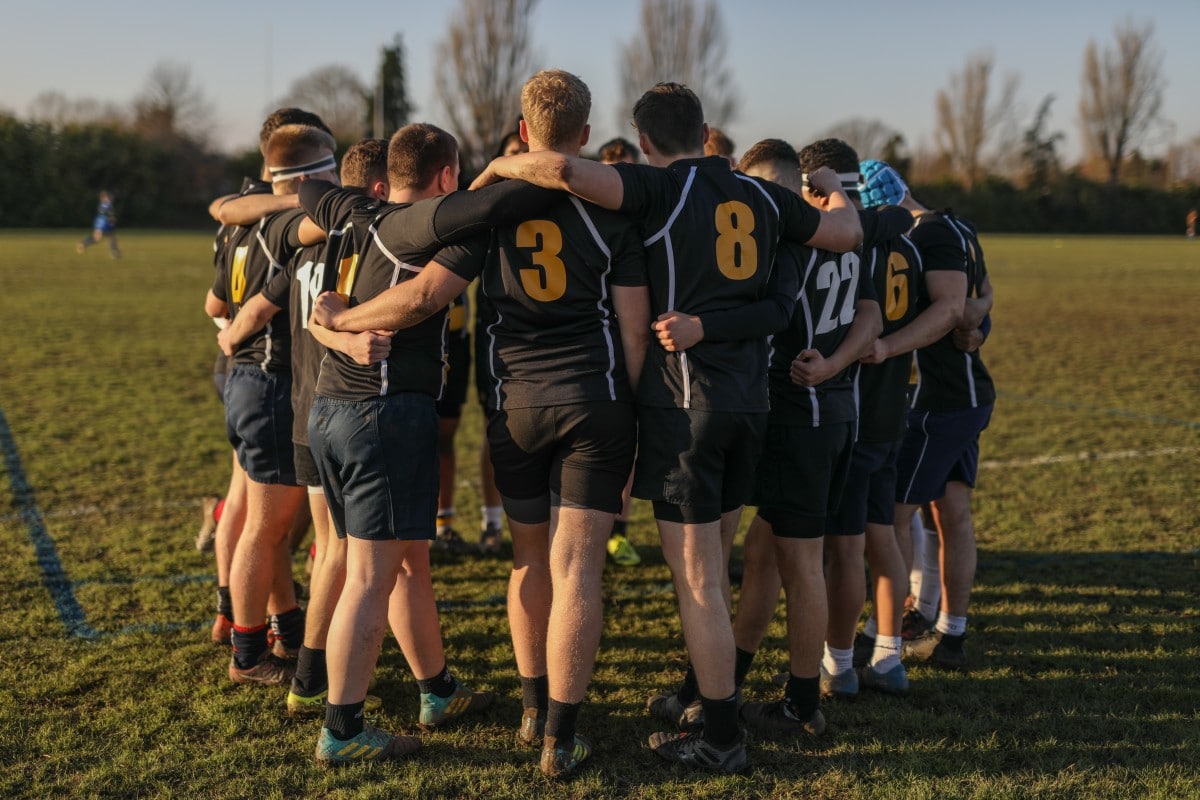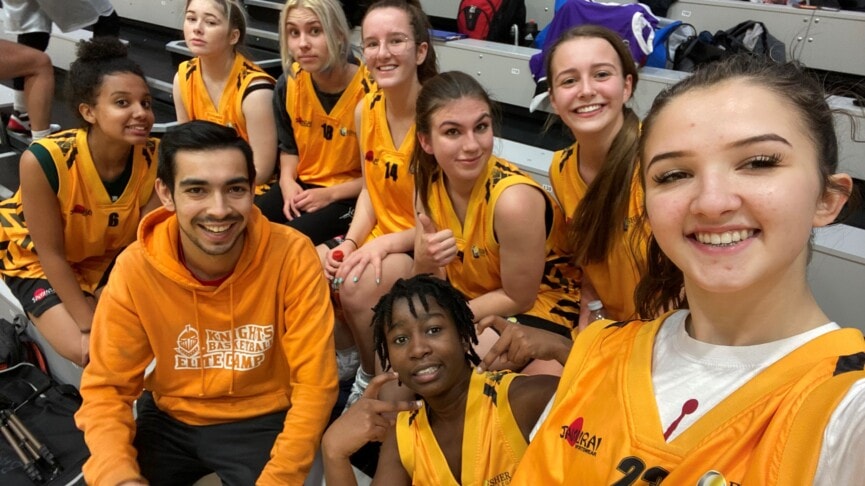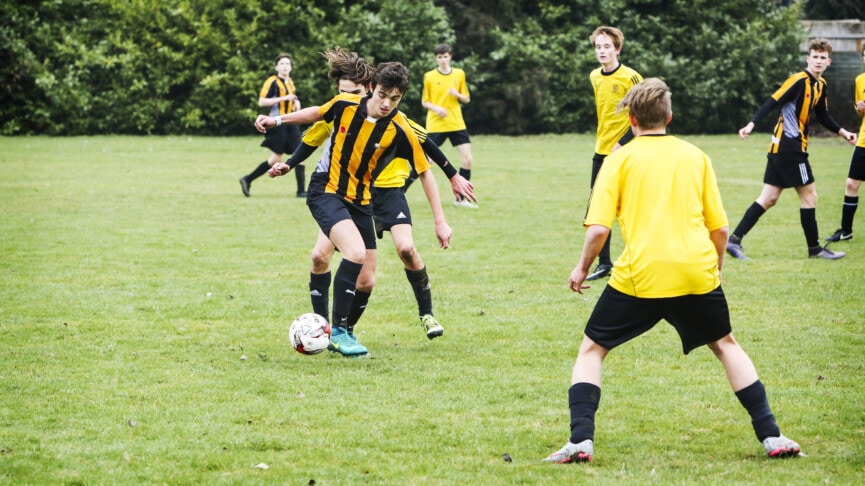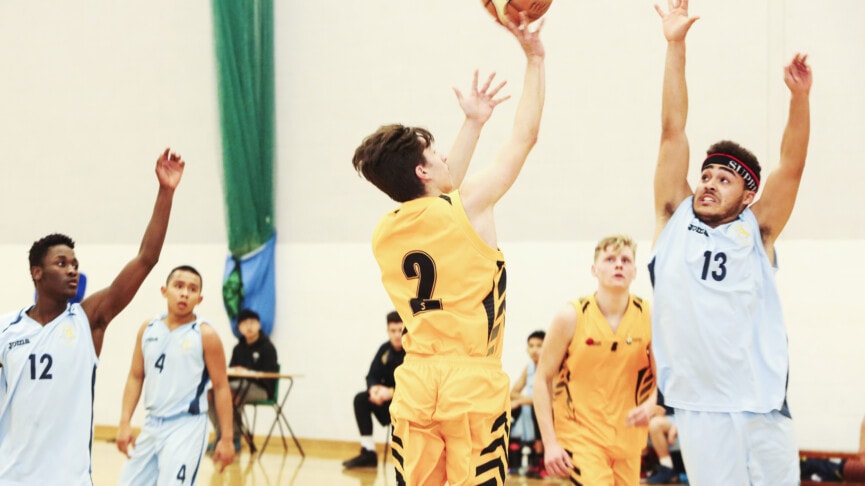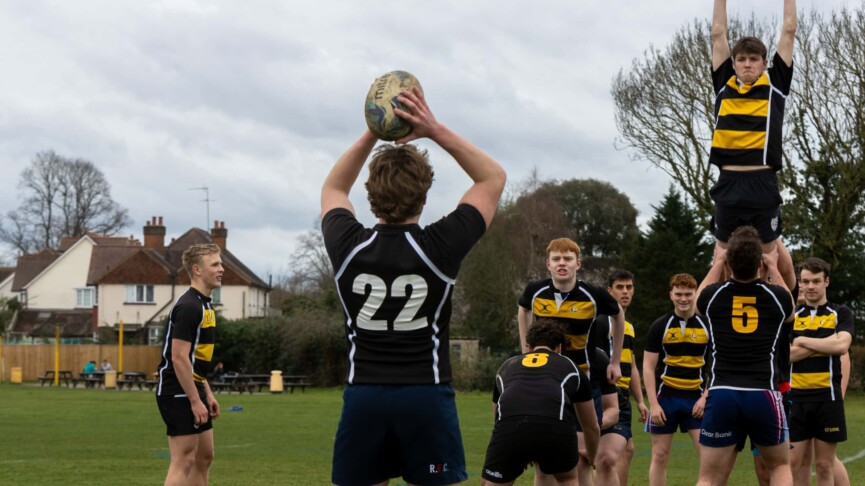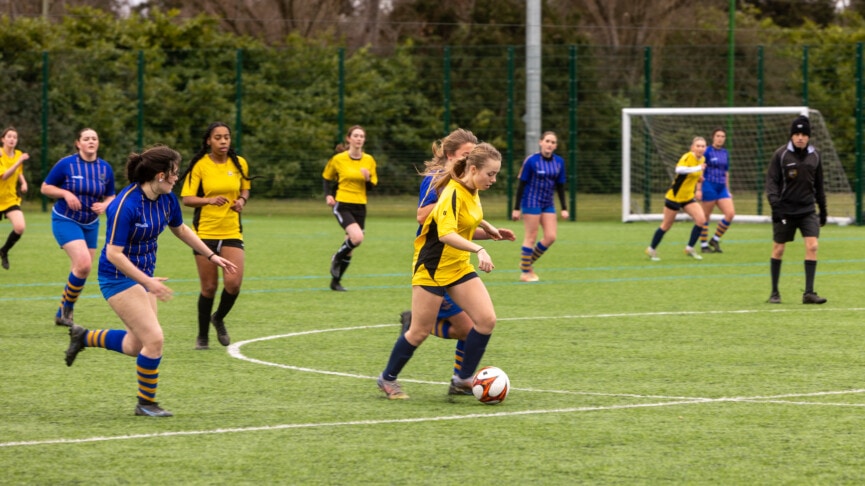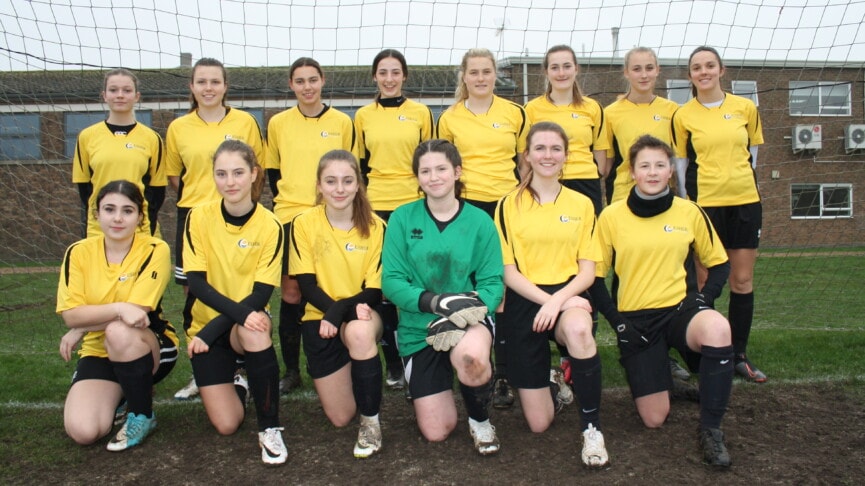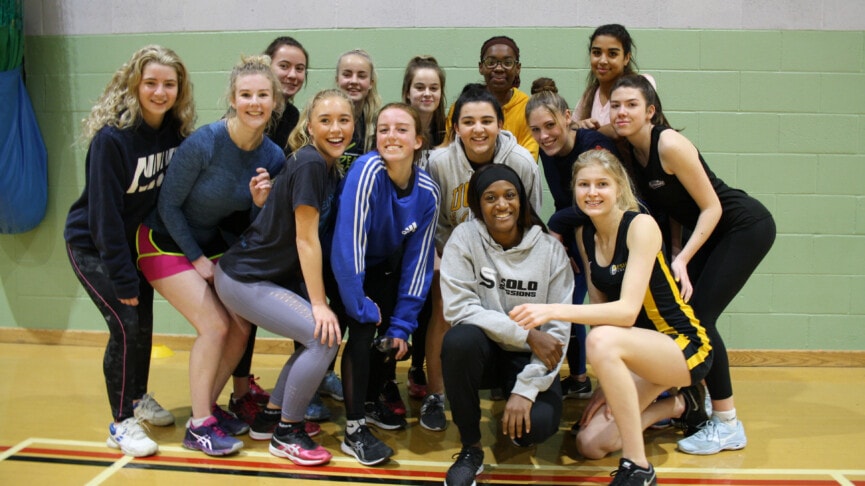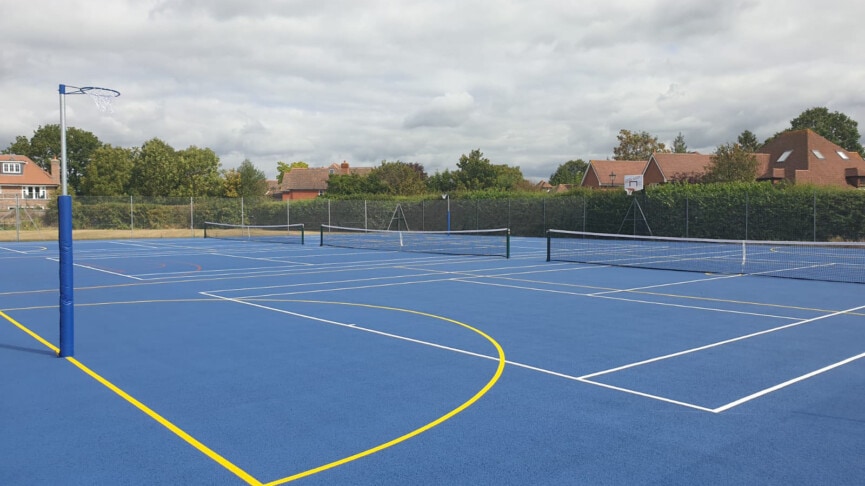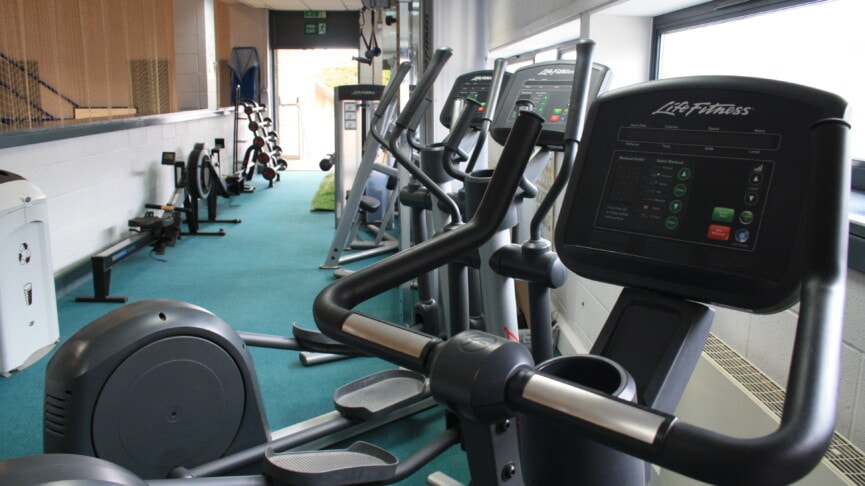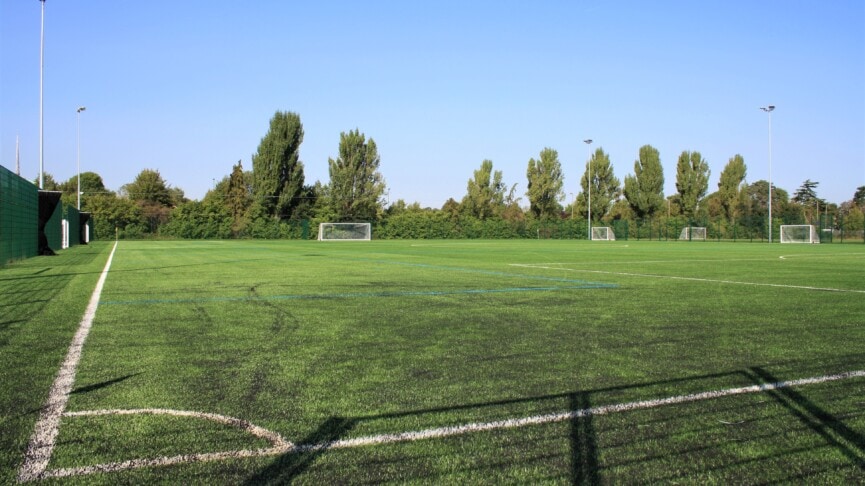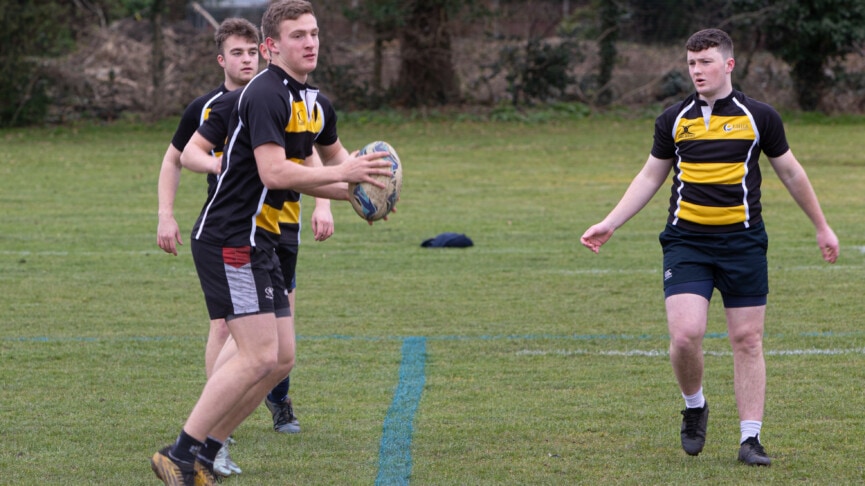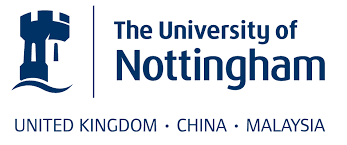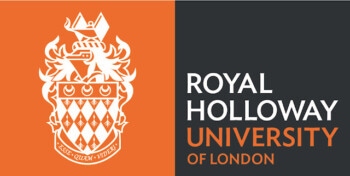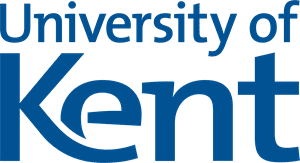Overview
Have you ever wondered why some people can run faster than others? Or how your personality affects your performance? Or even how you could become an elite sports performer?
Through a Physical Education A Level, you could find the answers to these questions. The main focus of the subject is on participation and performance in physical activity and sport. The subject involves an academic study of physical activity and its practical performance. The A Level PE course is the ideal platform to start building the foundations to a career in the sports industry e.g. Sport Scientist, Sports Psychologist, Sports Coaching and Sports Development.
Entry Requirements
Aside from the general entry criteria that the College requires, you need a minimum of:
• Grade 4 in GCSE Science
Ideally a Grade 4 in GCSE English is also required. If you have taken GCSE PE you are expected to have achieved grade 4 or above, but you can take this course without having previously studied GCSE PE.
Course Details
During the first year you will study;
- The applied anatomical and physiological factors that underpin performance;
- How we acquire and develop skills;
- The role of sport in society throughout history;
- How exercise physiology can be used to improve performance .
In the second year you will learn;
- Contemporary issues in sport, such as doping;
- The role of sport psychology in athlete development
- How biomechanics can enhance technique whilst reducing the risk of injury.
Throughout the two years you must be regularly participating in one competitive practical activity, in which you will be assessed. In addition, you must understand how to analyse and improve performance in one sport in order to complete an extended interview.
Assessment
Assessment in the theoretical unit is through three written exam papers which make up 70% of the qualification. The non-examined unit (30%) includes a practical performance assessment (worth 15%) and an extended interview (worth 15%) which make up the qualification. This unit is internally assessed and externally moderated.
Subject Combinations
Physical Education can be combined with any A Level. Biology is a good choice, as is Psychology, as both subjects underpin knowledge that you will gain in PE.
University Destinations
Physical Education A Level is a highly respected qualification, with 90% of our students progressing onto university.
Here are some typical university destinations that our PE A Level students go on to. Click on a destination to see some examples of courses they have taken;
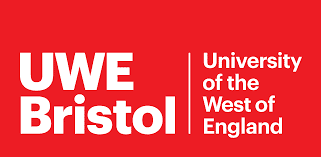
University of the West of England
Typical courses: Psychology / Sport Rehabilitation / Sports Business and Entrepreneurship
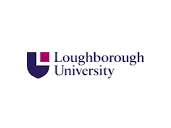
Loughborough University
Typical courses: Sport Science / Coaching and Physical Education (with placement year) / Sport Management Human Biology (with placement year)
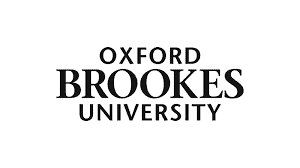
Oxford Brookes University
Typical courses: Primary Teacher Education (Campus-based) / Physiotherapy / Sport, Coaching and Physical Education

St Mary's University, Twickenham
Typical courses: Chelsea Football Club Foundation Coaching and Development
Careers
The course provides a suitable foundation for specialist study in Physical Education, Sport Science, Sports Coaching, and Sports Psychology and is also a suitable qualification for other areas of study. The course provides an excellent foundation for candidates intending to pursue careers in teaching and coaching, sports development, the leisure industry, recreational management, health, leisure and fitness, and professional sport.
FAQs
What extra support/enrichment activities are on offer?
The College has sports fixtures in Football, Rugby Union, Basketball, Hockey and Netball. If students play these sports they are encouraged to try to get into a team by attending trials. The College offers courses in Sports Leaders Award and a Higher Sports Leaders Award, which are excellent introductions to coaching.
We also run our Roll of Sporting Excellence (ROSE) programme, which recognises, supports and celebrates the sporting talents and successes of our students who compete at county, regional, national or international level. Once accepted on this programme, students will have the opportunity to meet a range of sporting professionals and experts from King’s College and participate in a series of workshops, to help them develop as a professional athletes.
What is the difference between the PE A Level and the Sports Coaching and Development BTEC?
The main difference is that PE A Level is assessed through exams and some practical performance whereas the BTEC is completely assessed through coursework units. The Sports Coaching and Development BTEC can be studied as a single certificate course (equivalent to one A Level) or as a diploma (equivalent to two A Levels). For more information visit Sports Coaching and Development BTEC course information.
What skills will I need and develop on PE A Level?
You will need to develop an ability to acquire knowledge from a range of theoretical areas and apply this to practical sporting situations. Additionally, you will be expected to write in depth about the theoretical components through extended writing tasks.
You must develop your range and quality of skills and tactics in one chosen sport through regular competitive participation. You also need to improve the physical attributes required for effective performance in your activity. Additionally, you will be expected to acquire the analytical skills needed to evaluate performance in your chosen sport while understanding how a coach can improve performance.
What kit will I need?
You will be told when you will be taking part in practical lessons and to bring appropriate sports clothing.
